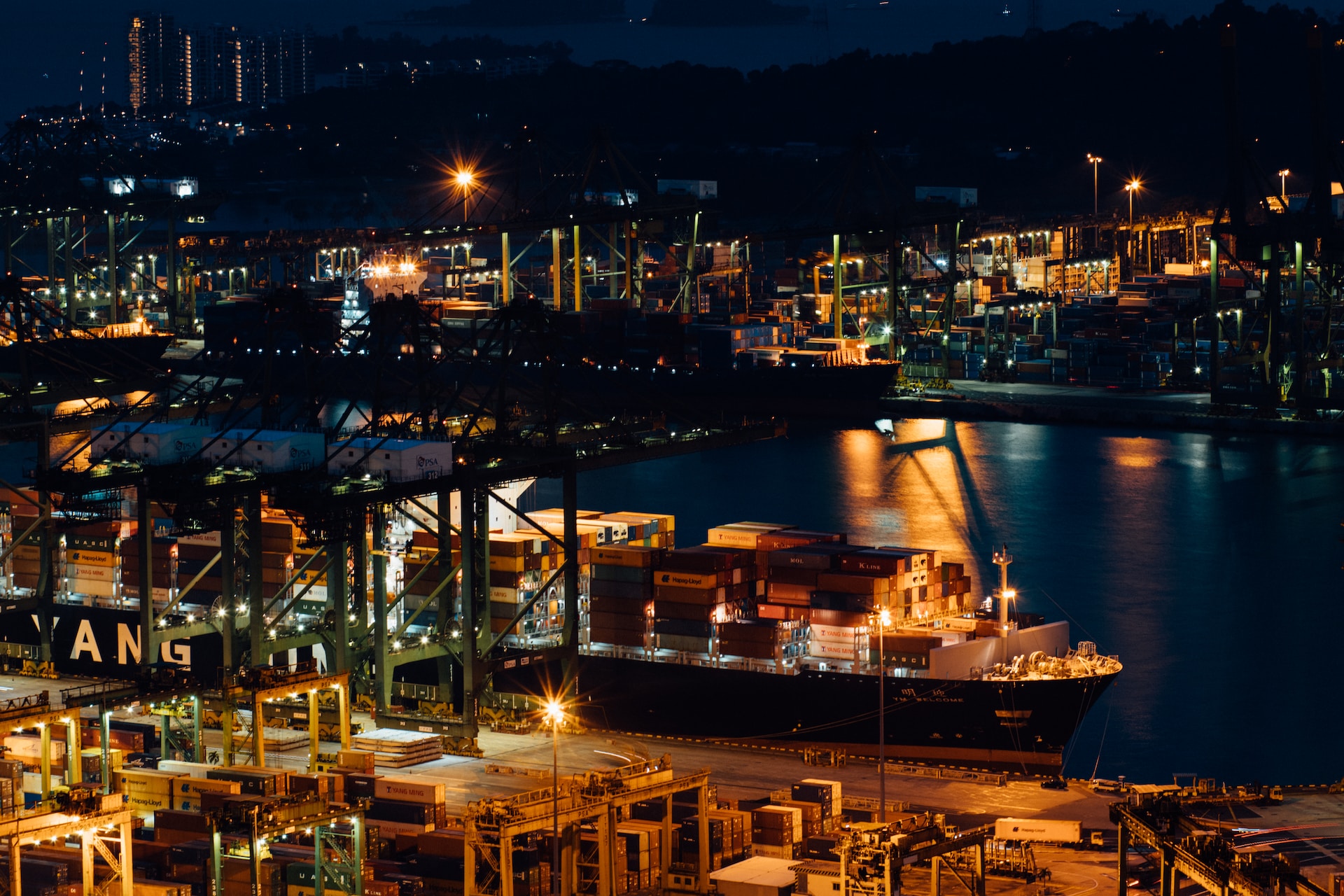Singapore Bunker Sales Responsible for 40% SE Asia Pollution

The International Council on Clean Transportation (ICCT), a nonprofit organization based in Washington, D.C., has released a white paper on greenhouse gas (GHG) air and water pollution linked to marine fuel sales. in the Singaporean Port.
The study asserted that if the world's largest fueling hub, which in 2019 accounted for a fifth of all reported marine fuel sales globally, included the GHG emissions linked to the residual fuel it sells, its overall impact on emissions would be four times greater than its national inventory, raising per capita emissions to six times the global average.
The study by Xiaoli Mao, Dan Rutherford, Liudmila Osipova, and Elise Georgeff discovered that although Singapore's marine fuel sales have an impact on the environment globally, most of the pollution is focused in the nation's nearby seas and coastal areas.
Marine residual fuel marketed in Singapore is thought to be responsible for more than 42% of all transported PM2.5 in the seas surrounding South East Asia. Additionally, hotspots can be detected in the South China Sea, the Indian Ocean, and much of Oceania, including Australia's western and southern coasts.
Due to the narrow extent of its exclusive economic zone (EEZ), the authors stated that Singapore is low in terms of absolute emissions, but is high in terms of the relative contributions of PM2.5 (35 percent) and NOx (29 percent) from ships burning residual petroleum bunkered in Singapore. Singapore marine petroleum sales are also claimed to have a significant impact on neighboring countries, including Malaysia, Vietnam (30 percent), Sri Lanka, Indonesia, and India.
Given Singapore's crucial role in the supply of fossil fuels, the air and GHG pollution linked to those fuels, and the significant negative effects on public health caused by air pollution from shipping in Asia, the ICCT findings point to the need for a better understanding of pollution from stored marine fuels in Singapore.“
Integration of shipping in Singapore’s national GHG inventory and Nationally Determined Contribution would further demonstrate the country’s commitment to decarbonizing its marine fuel sales,” stated in the study.